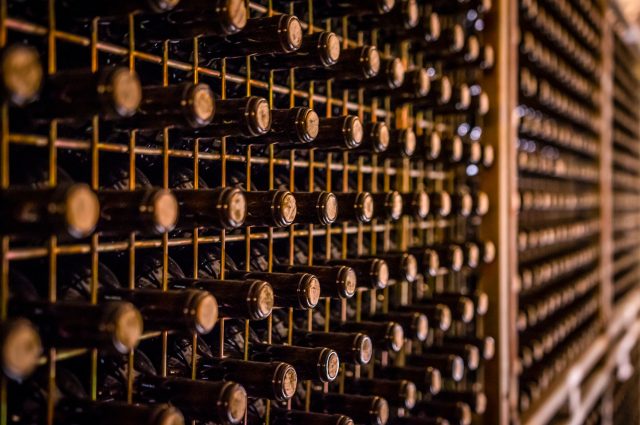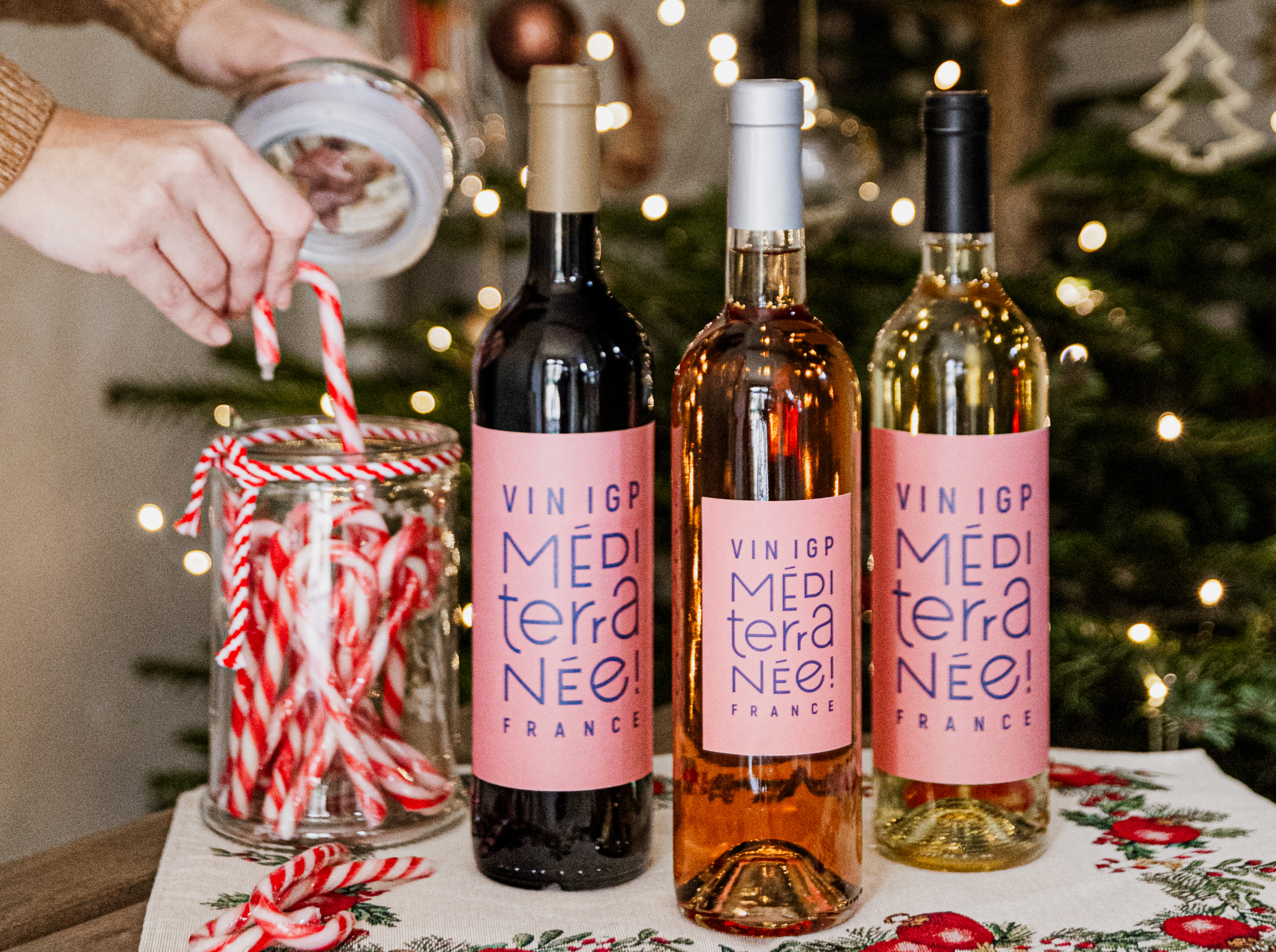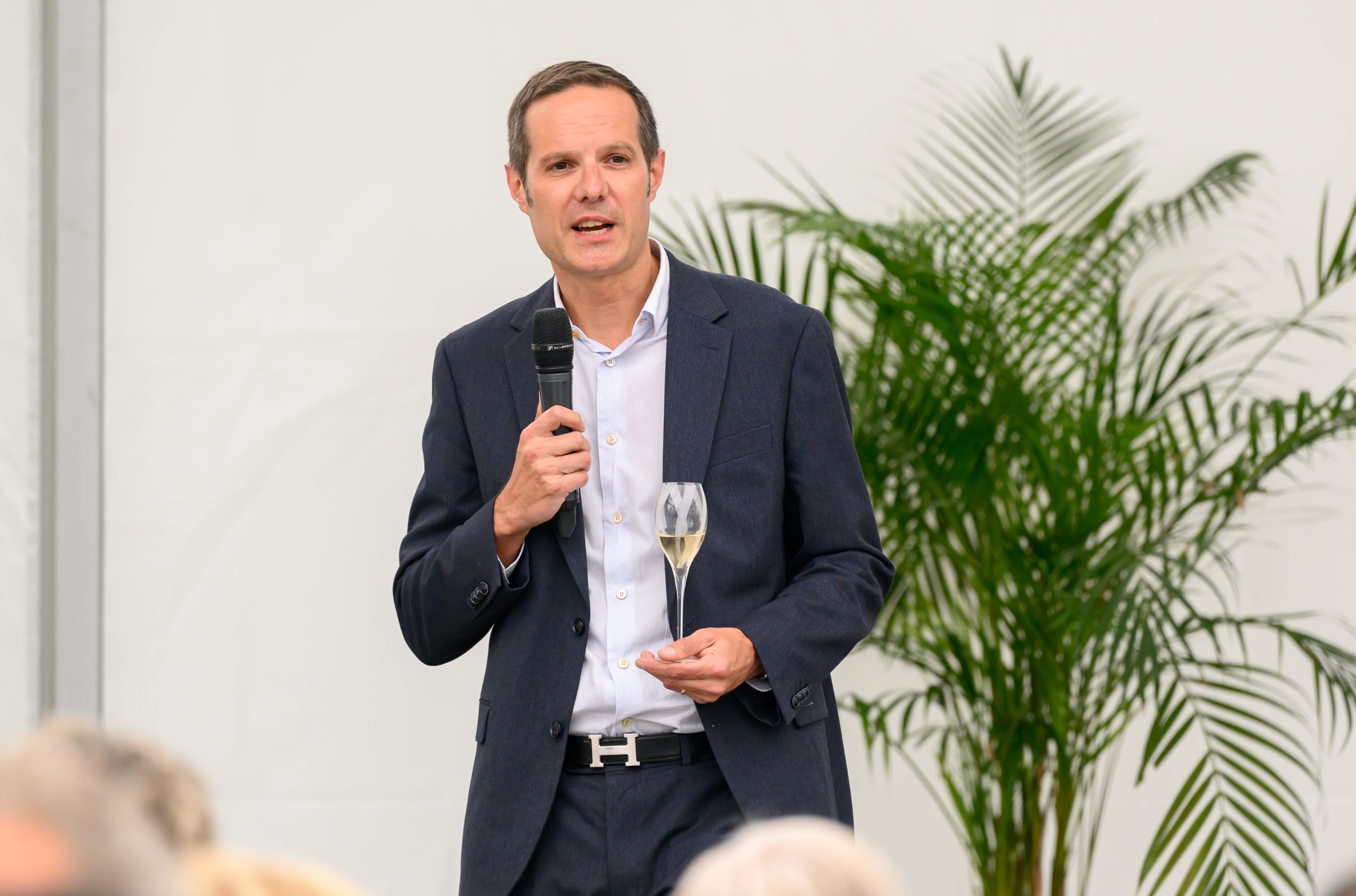Bodega Cuatro Rayas undertakes R&D project to improve longevity of Verdejo
Rueda winery Bodega Cuatro Rayas has made progress in its attempt to extend the longevity and ageability of the Verdejo grape with the help of a €599,000 research and development (R&D) project.

The winery’s research project aims to improve the shelf life of Verdejo variety white wines from DO Rueda by implementing new soil and vine handling techniques and selecting ancient indigenous yeasts.
The project, called LongVerdejo, investigates the numerous factors which affect longevity, including the quality and variety of grapes used, the winemaking method, and the storage conditions. External factors like temperature, humidity, and light can also affect the speed at which wine ages, as well as its chemistry — all of which have been considered as part of the project.
Longevity is a longstanding talking point within the DO, which remains the most important region for white wines in Spain. The DO launched its Gran Vino de Rueda classification in 2021, aiming to add prestige and value to the on-trade by highlighting the Verdejo grape’s ageing capability.
The wines which fall under this classification must meet several requirements, including hailing from vineyards that are over 30 years old, and the vines having a maximum yield of 6,500kg/ha and a kilogram-to-litre conversion of 65%.
In light of this relatively new focus on ageing capability, Bodega Cuatro Rayas‘ LongVerdejo project digs into the tools which can build on the longevity of the grapes, considering every step of its production. Vine handling and management, as well as the election of grape varieties, fertilisation, pest and disease control, and pruning and irrigation methods, can affect the chemical composition of the grapes before they are harvested, in turn impacting their ability to age.
This project had an overall budget of € 599,000 and was co-financed by the CDTI Innovación with the European Union ERDF funds through the 2014-2020 Multiregional Operational Programme for Smart Growth. Bodega Cuatro Rayas has led the development of this project, where the Instituto de la Viña y el Vino (Vine and Wine Research Institute) of the University of León has also been involved, and also in cooperation with the company AGROQUIMES, S.A., AgrichemBio and Belchim.
During fermentation, the selection of yeasts and the fermentation conditions influence the development of specific compounds that affect wine flavour, aroma, and structure. The wine ageing process, as well as oak barrel ageing, can interfere with the wine chemistry.
Partner Content
During the research stage, spontaneous fermentations were carried out in ancient underground cellars of DO Rueda, where no commercial yeast has entered, using musts taken directly from the vineyards to prevent cross-contamination.
These wines were monitored and samples were taken to identify which yeast strains were responsible for the fermentation at the different stages.
From these samples, the existing yeasts in the sample were isolated and genetically typified, identifying them by strain level and selecting which ones may have potential interest to the winery. With the selected yeasts, fermentation tests have been carried out. In this project, yeast from the genus Saccharomyces, Torulaspora, and Hanseniaspora have been isolated and tested.
In the vineyard, two new fertilisation methods have been tested as part of the R&D project to assess the evolution of soil nutritional status.
The ultimate goal of this project was to ensure that the actions conducted in the vineyards and winery influence the wine’s longevity in a positive capacity. The winery has considered its findings after three years of the study, and noted that it did get results, which have encouraged the winery to continue pursuing this line of actions aimed to produce quality wines using Verdejo variety from DO Rueda with longer lifetime.
It has identified the yeast strain Torulaspora delbrueckii CBS1146 as producing longer-lasting Verdejo wines from Rueda.
Over time, vertical tastings will be conducted to monitor the evolution of the wines.
Related news
Strong peak trading to boost Naked Wines' year profitability




